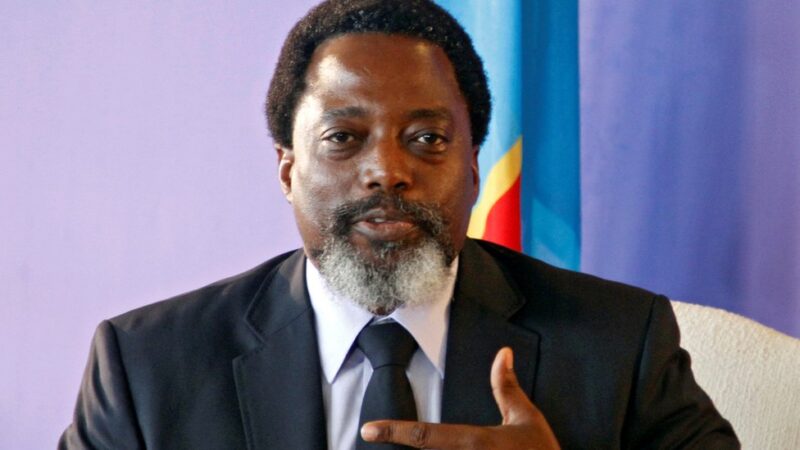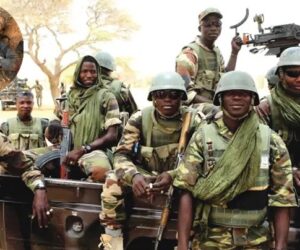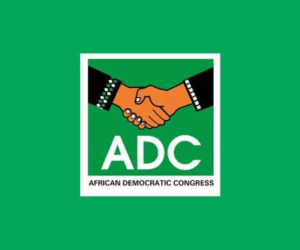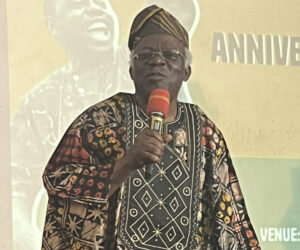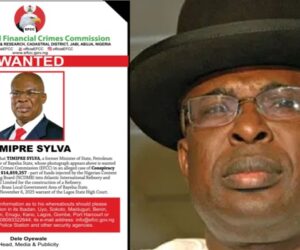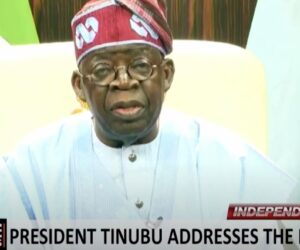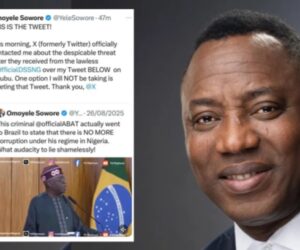A military court in the Democratic Republic of Congo (DRC) has sentenced former president Joseph Kabila to death in absentia on charges of treason, war crimes, and crimes against humanity.
The court on Friday found Kabila guilty of backing the M23 rebel group, which has unleashed widespread violence across the country’s mineral-rich eastern region. He was convicted of murder, sexual assault, torture, and insurrection, and was ordered to pay a fine of $33bn (£25bn).
Kabila, 54, who ruled the DRC for 18 years after the assassination of his father Laurent in 2001, denied all charges but did not appear in court to defend himself. From an undisclosed location, he denounced the case as “arbitrary” and accused the Congolese judiciary of being used as an “instrument of oppression.” His current whereabouts remain unknown.
The ruling has sparked a wave of criticism. Kikaya Bin Karubi, a close ally and former minister under Kabila, dismissed the trial as “theatrical,” describing it as evidence of “dictatorship” under President Félix Tshisekedi. He argued that no proof had been presented to link Kabila to the M23 rebels.
M23 leader Bertrand Bisimwa also condemned the verdict, calling it a breach of ongoing peace negotiations between the government and the group.
Kabila once backed Tshisekedi in the contested 2019 elections but fell out with him, retreating into self-imposed exile in 2023. His return to the M23-controlled city of Goma earlier this year, where he offered to help resolve the conflict, heightened suspicions about his ties to the insurgency.
President Tshisekedi has accused Kabila of masterminding M23’s operations. In response, senators stripped Kabila of his legal immunity earlier this year, clearing the way for prosecution.
The trial comes against the backdrop of renewed bloodshed in the east, where M23 rebels have seized swathes of territory including Goma, Bukavu, and two airports. The United Nations and Western governments have accused neighbouring Rwanda of providing military support to M23, deploying thousands of troops into Congolese territory — allegations Kigali denies, claiming its actions are defensive.
Despite a ceasefire agreement signed in July, fighting has persisted, with civilians continuing to bear the brunt of the conflict.
Melissa Enoch
Follow us on:

